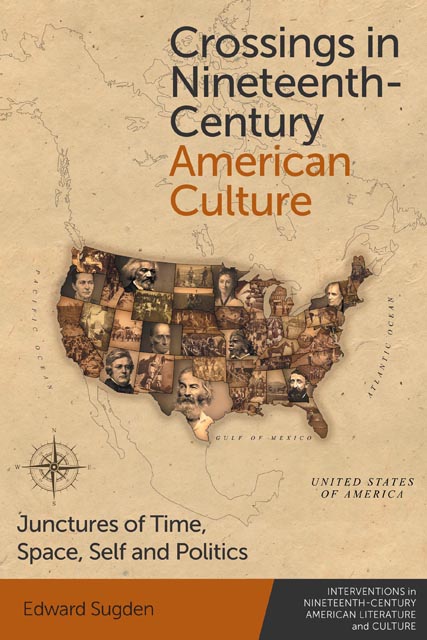4 - Latinx/Confederate: Loreta Janeta Velazquez as a Cross-Dressing Soldier, 1861
Published online by Cambridge University Press: 26 November 2022
Summary
Loreta Janeta Velazquez (The Woman in Battle, 1876) is a Latinx confederate who does not ‘fit’ our narratives of the national body at the time of the Civil War. A woman whose family had moved from Mexico to Cuba after the US-Mexico war, Velazquez assumed the identity Lieutenant Henry Buford and participated as a Confederate soldier in the Civil War. She was married multiple times, spied and smuggled for the Confederacy, and eventually moved to the western United States. Her effort (or lack of effort) to mould herself into an American, and our efforts to read her fairly, reflect the cultural anxieties of our historical moment in which racial and gender identifications are fluid, fraught and fragile. This essay argues that the multiple crossings (gender, political, national, linguistic and social) embedded in Velazquez's memoir complicate understanding of American national identity in the nineteenth century as the text challenges the reader to see the author through a more complex process of identity formation than usually available in nineteenth-century texts. Through self-centred excess, Velazquez performs multiple identity markers and reflects upon them as she connects with and teases her reader. The narrative challenges what it meant to be an American in the nineteenth century. The emergent forms of social and national identification that the narrative experiments with share a similar state of flux to the narrative's configuration of gender. In this way, many of the categories by which scholars might make sense of the narrative – gender, nationhood, ethnicity in particular – simply fail to connote in the way that one thinks they ought.
Velazquez narrates her family history of landed power and privilege in Mexico and subsequent political and economic dispossession at the hands of the United States after the war with Mexico, which leads her family back to Cuba with a strong distaste for Americans. However, her family sends her to school in New Orleans for the advantages that would convey on her in the future. There she elopes with her best friend's boyfriend, and finds herself estranged from her family.
- Type
- Chapter
- Information
- Crossings in Nineteenth-Century American CultureJunctures of Time, Space, Self and Politics, pp. 59 - 70Publisher: Edinburgh University PressPrint publication year: 2022

